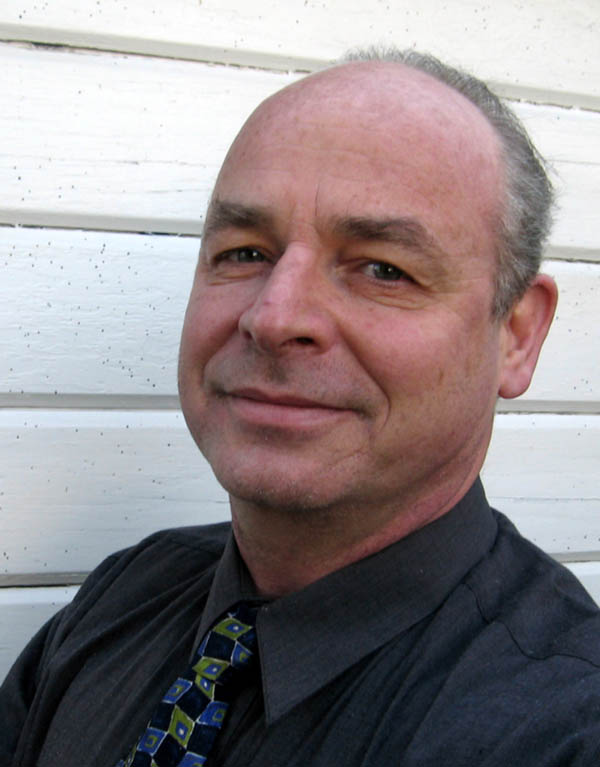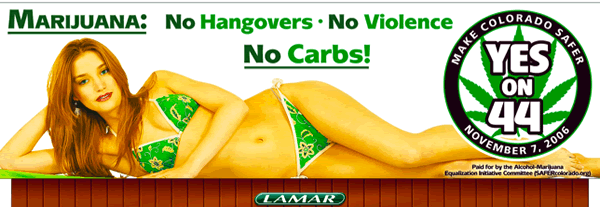| Title: | Evening Post article (NZ) |
| Published On: | 1997-07-22 |
| Source: | The Evening Post (Wellington) |
| Fetched On: | 2008-09-08 14:11:32 |

For a Seismic shift in the culture of Christchurch civics. Christchurch Mayoral Election 2004, 2007, 2010, 2013. Here to enrich-en the debate yet again....2019. The only REPUBLICAN/SOCIAL DEMOCRAT contesting for best practice governance. The only candidate who has contested and debated all the issues time and time again.
| Title: | Evening Post article (NZ) |
| Published On: | 1997-07-22 |
| Source: | The Evening Post (Wellington) |
| Fetched On: | 2008-09-08 14:11:32 |
CNN Reports President Obama Declares National Emergency To Deal With The "Rapid Increase In Illness" From The H1N1 Influenza Virus; Cannabis Science Continues Progress On Its Research To Show Cannabis Can Reduce Risk of Death from "Swine Flu"
COLORADO SPRINGS, Colo., Oct 26, 2009 -- Cannabis Science Inc. (NASD OTCBB: CBIS | Quote | Chart |News | PowerRating) an emerging pharmaceutical cannabis company, is urging that US government recognize that phytocannabinoid pharmaceutical products can help reduce Adult Respiratory Distress Syndrome (ARDS)-associated deaths from both the Avian and Swine Influenza infections, as President Obama declares a national emergency. President Obama signed the declaration late Friday and announced it Saturday. We urge readers go to: http://www.cnn.com/2009/HEALTH/10/24/h1n1.obama/index.html to read the whole story on the CNN website.
President Obama stated, "The 2009 H1N1 pandemic continues to evolve. The rates of illness continue to rise rapidly within many communities across the nation, and the potential exists for the pandemic to overburden health care resources in some localities." President Obama continued with, "Thus, in recognition of the continuing progression of the pandemic, and in further preparation as a nation, we are taking additional steps to facilitate our response." Cannabis Science, Inc. President & CEO Dr. Robert Melamede stated, "Clearly, there is little time to gear up the mass production of pharmaceutical cannabis products to meet the immediate needs of this national emergency. However, President Obama's new policy of federal tolerance of medical marijuana where is it legal under state laws, makes it possible for Cannabis Science to work with the medical marijuana patients and providers in some states to help develop products to meet patients' needs. If the situation is dire enough to justify calling it a "National Emergency", then surely medical ethics require that we work diligently with all relevant research." Dr. Melamede also deplored efforts in Los Angeles and other areas to close dispensaries and/or ban edibles. "It is hard to imagine a more wrong-headed approach or a worse time to deprive people of access to cannabis edibles. Again, we recommend, based on sound scientific principles, that medical marijuana users should switch to edibles if they come down with an influenza infection. We believe that the irritation associated with the pulmonary route, when a person has an influenza infection, may lead to unnecessary deaths. In contrast, oral administration may prevent many deaths. We hope that due to the magnitude of this pandemic threat, that the FDA will fast track our proposal." Please visit our website www.cannabisscience.com in the next few days as we will be posting a survey for those who encountered the H1N1 and other influenza symptoms and experiences. This Cannabis Science Survey will be designed to acquire anecdotal human data regarding the effects of Medical Marijuana on influenza infections. The company plans to monitor activity, collect data, and report findings in its reports to the FDA.
Cannabis Science H1N1 Swine Flu Formulation: Dr. Melamede explains, "We now know that the endocannabinoid system plays a critical role in maintaining human health. The human body produces Endocannabinoids on demand when they are needed. They help restore homeostasis (biochemical balance). The Cannabis plant produces Phytocannabinoids. When the human body has endocannabinoid deficiencies, it cannot effectively restore the healthy biochemical state needed to counter a particular illness. Phytocannabinoids from the Cannabis plant can replace the deficient endocannabinoid activity in the human body to restore a health-promoting level of cannabinoid activity. Cannabis Science will test its pharmaceutical products with FDA guidance and oversight to determine if it will reduce ARDS-associated deaths from both the Avian and Swine influenza infections."
I was told that those wild or uncivilized Natives belonged to a tribe called Ngatimamoe, that they had been one of the strongest and most numerous of the aboriginal tribes of the Middle Island, but from the incessant wars which raged between them and the Ngaitahu they had become so reduced in numbers, that the remnant, amounting to about thirty (chiefly men) withdrew to the mountain fortresses, west of Lakes Hawea and Whanaka (Oanaka on charts), from which they could not be driven.
No... but one thing has changed. Drug Policy! When the 'drug we drink' was separated from the National Drug Policy formulation processes where highly recommended best practice was to treat ALL drugs 'independent' of legal status. Intense lobbying from the liquor industry saw the separation occur contrary to ALL the best advice, expertise and science.
Our DRUG POLICY FRAMEWORK is flawed. The Law Commission examination of Alcohol in separation from other recreational drug use needs to be more fully explored by the public and MEDIA has an important role to play in doing this. Cannabis for example, is SAFER than alcohol. On that fact alone the social policy on alcohol needs to be informed by cannabis policy. Likewise cannabis policy (also subject to scrutiny by the Law Commission) needs to be informed by Alcohol policy.
The new Restricted Substances Regulations (Oct6 2008) represents an opportunity to have that conversation but MEDIA have steadfastly avoided the implications of having R18 legally regulated recreational psychoactive soft drugs for sale under administration of the Ministry of Health while alcohol is all but banned. (Not that some folk wouldn't agree with...) Such a rule... as NOW exists would to all intents and purposes suggest that such drugs that should be regulated (ie: cannabis, khat, ecstasy, lsd) are indeed SAFER than Alcohol and this use of regulation and thus control would represent an informed, intelligent, science based approach that does more to solve the methamphetamine problem than symbolic bans on pseudoephidrine cold remedies or empty promises that 'treatment', if compulsory, will curtail problematic drug use.
Image by ian boyd via Flickr
Pubdate: Mon, 28 Sep 2009
Source: Tufts Daily (MA Edu)
Copyright: 2009 Tufts Daily
Author: Derek Schlom
New Study Explores Possible Benefits Of Marijuana For Binge Drinkers
A controversial new study found that smoking marijuana may improve brain functions.
Before you down that fifth shot of Jagermeister, you might want to fire up a joint. Research shows that compared with alcohol, marijuana causes less brain damage.
In a study completed at the University of California, San Diego, the results of which were published in the current issue of the scientific journal "Neurotoxicology and Teratology," researchers examined the white brain matter of 42 teenage participants. The participants were placed into three groups: those classified as binge drinkers (defined in this case as males who consume five or more drinks in one sitting and females who consume four or more), binge drinkers who also smoked marijuana "regularly" and a control group of those who neither drank nor smoked.
The binge drinkers displayed lower fractional anisotropy (FA) scores - indicating white brain matter damage - in all eight sections of the brain than the control groups, whereas the second group (those who also smoked marijuana) had lower FA scores than the control in only three sections. Additionally, in a finding the researchers termed "surprising," the second group had higher FA scores than the first in seven of the brain sections.
So, how are the experts reacting to these findings? Mason Tvert, co-author of "Marijuana is Safer: So Why Are We Driving People to Drink?" and executive director of the marijuana legalization advocacy group Safer Alternative for Enjoyable Recreation, sees validation in the results.
I find it ironic that marijuana can actually protect you from alcohol," he said. "It's just one more way in which marijuana is safer than alcohol, and I hope this dispels the myth that marijuana kills brain cells when it's actually protecting brain cells from damage. Marijuana gives a temporary euphoric effect, whereas binge drinking causes long-term permanent damage."

